Roman Mythology
-
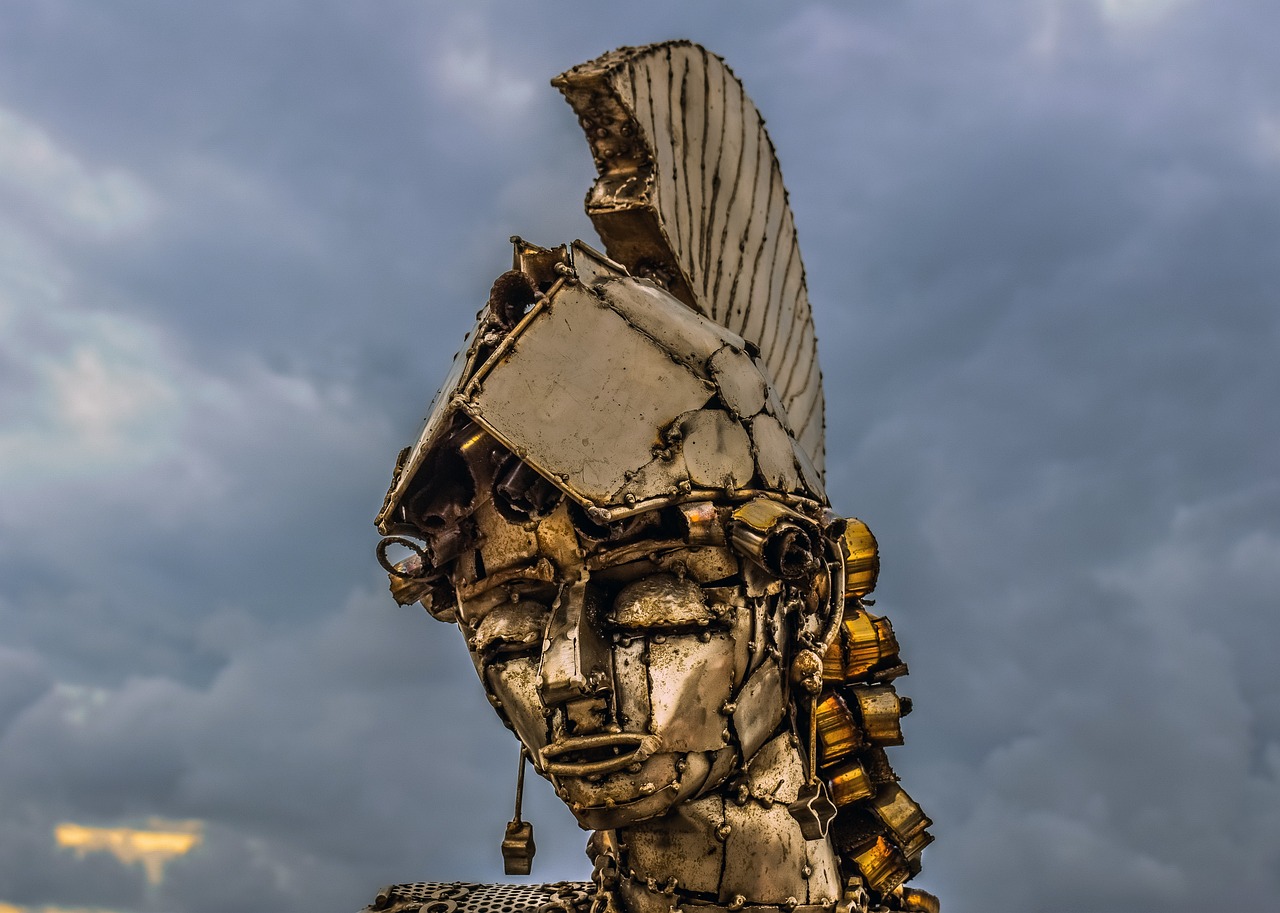
Minerva of Arezzo, the Roman goddess, embodies wisdom, medicine, commerce, handicrafts, poetry, and the arts, with a later association to war. Her likeness to the Greek goddess Athena is notable, and she was a significant deity in ancient Rome, with vital temples dedicated to her and being a primary figure in the Quinquatrus festival. Initially,…
-
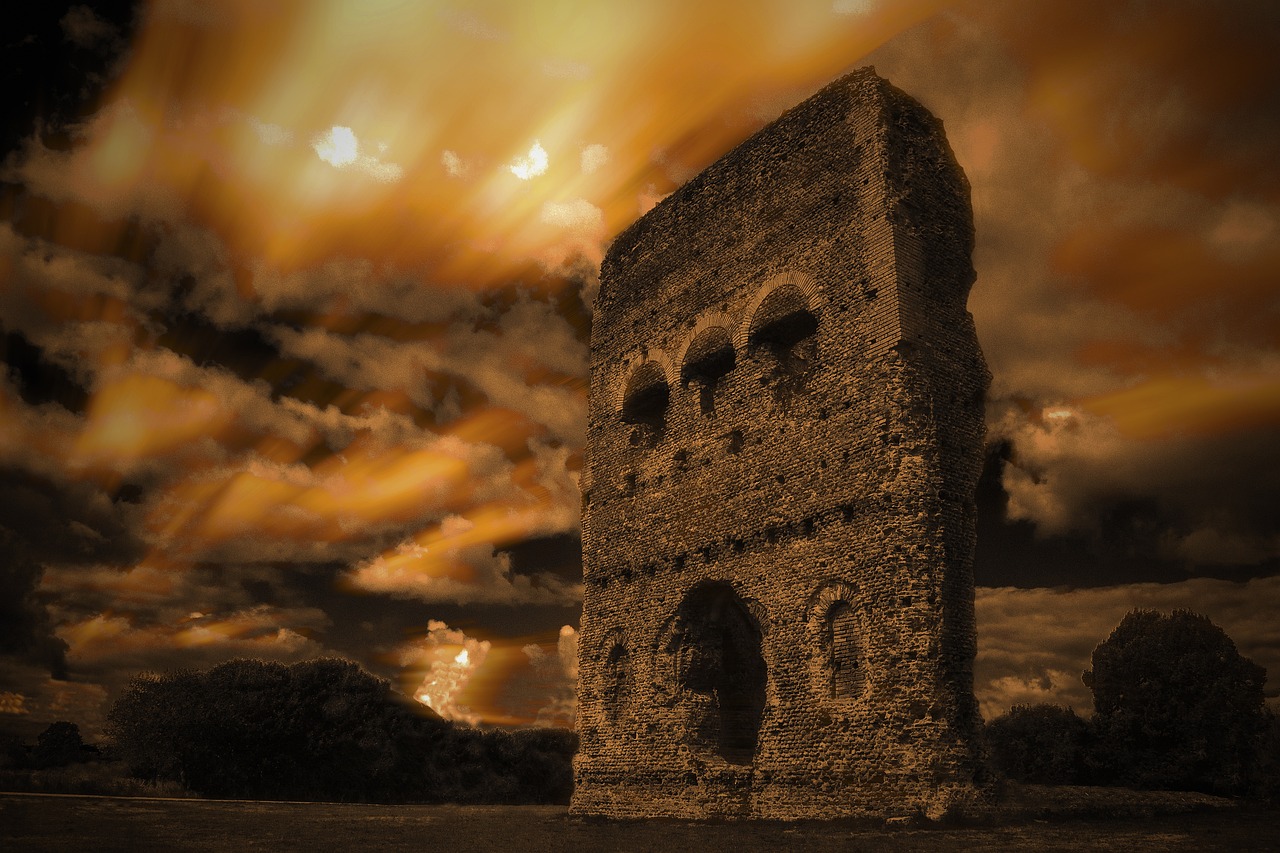
The Janus Geminus, often interpreted as the embodiment of duality, housed an ancient bronze statue of the deity Janus, believed to have been established by Numa Pompilius, the second king of Rome, as recounted by Plutarch. According to Pliny the Elder, the sculpture featured fingers positioned to represent the 355 days of the year, while…
-

A Showcase of Ancient Surgical Tools The catastrophic eruption of Mount Vesuvius in 79 CE effectively sealed the Roman cities of Pompeii and Herculaneum under a thick layer of ash and pumice. When excavated centuries later, items buried under this volcanic material were found to be remarkably well-preserved. Among the rescued artifacts, surgical instruments were…
-
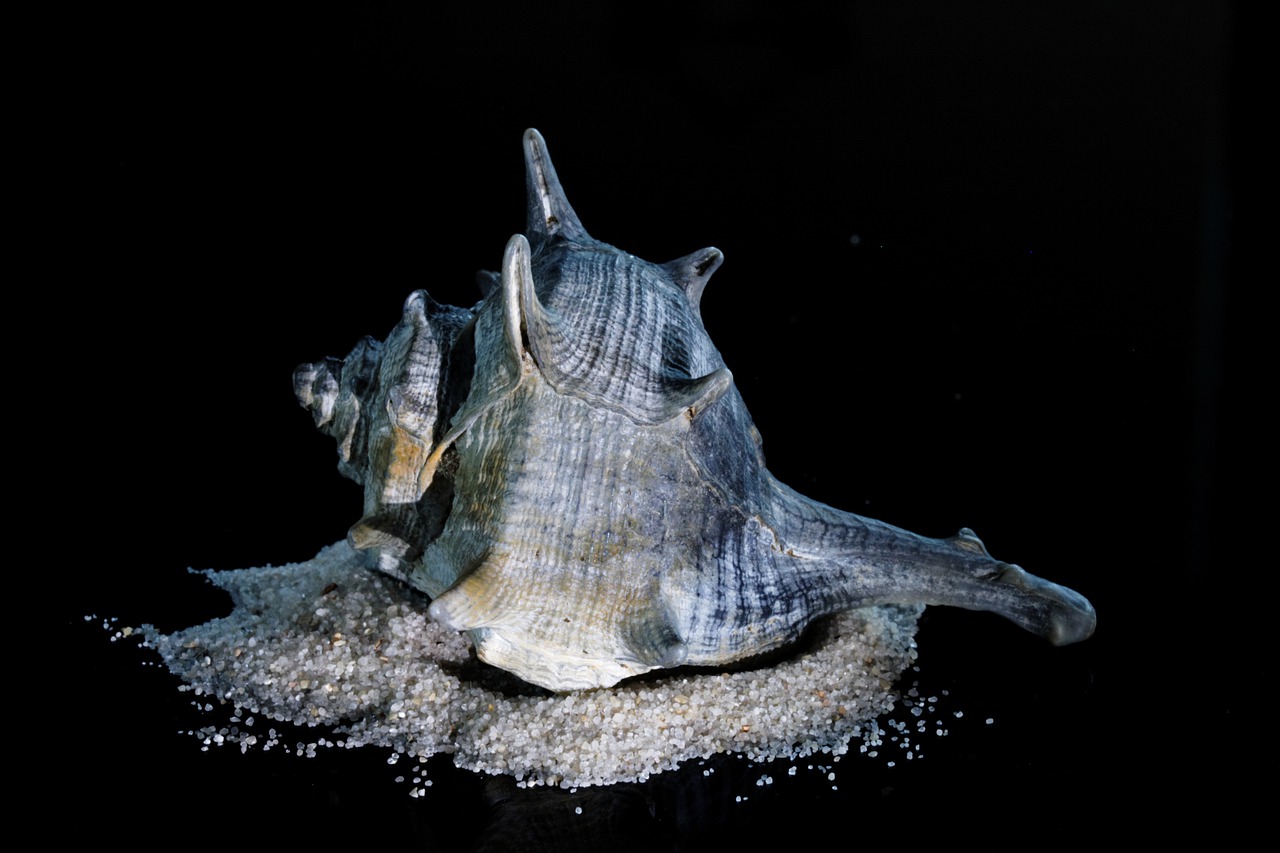
Hercules, often regarded as a legendary figure, was indeed born a mortal, though his pedigree is intertwined with divine lineage. His father, Zeus, reigns as the supreme deity of ancient Greek mythology, while his mother, Alcmene, was a descendant of the esteemed hero Perseus. This makes Hercules’s background as fascinating as his feats, being a…
-
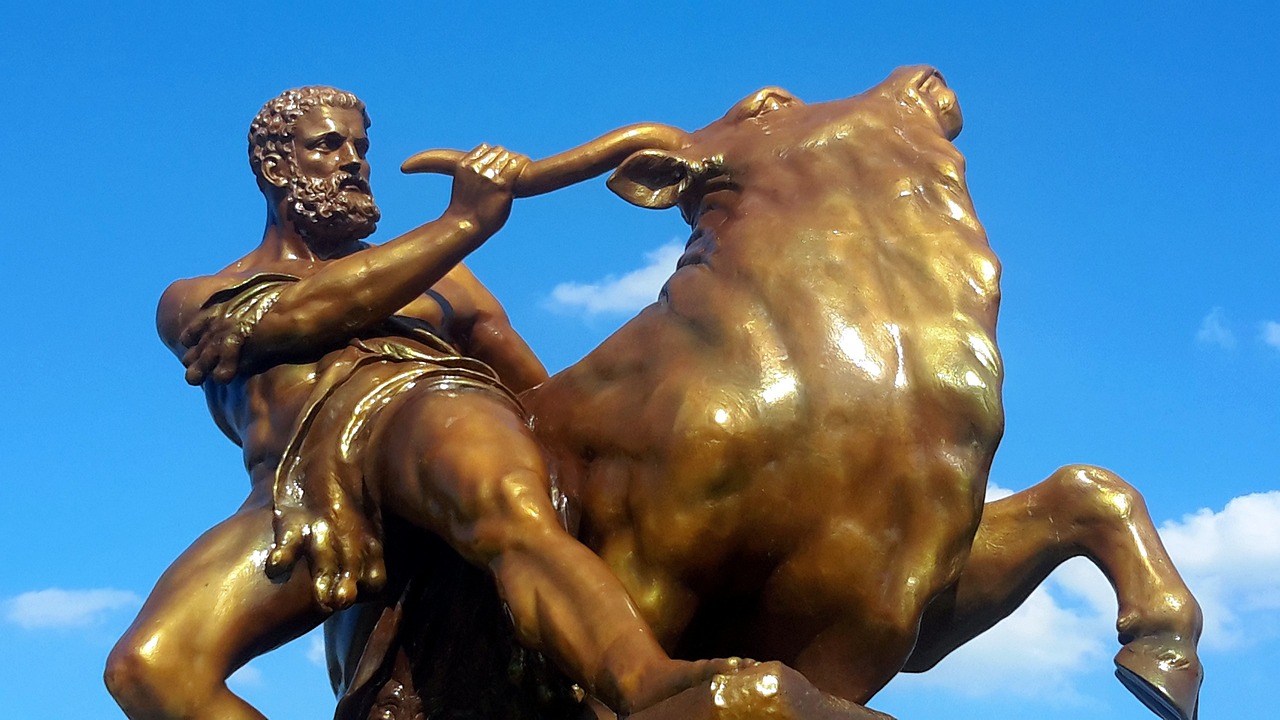
Overview of Heracles Heracles, known as the son of Zeus and the mortal Alcmene, stands as a prominent figure in Greek mythology, celebrated as both a hero and a demigod. Born from Zeus’ numerous affairs, he attracted the wrath of Hera, Zeus’ wife, who relentlessly sought to make his existence tumultuous. Among his myriad acts…
-

Pomona, the ancient Roman deity of fruit trees and orchards, derives her name from the Latin term ‘pomum’, signifying fruit or orchard produce. Unlike many Roman gods, she stands uniquely without an equivalent in Greek mythology, though some suggest parallels with Demeter, the Greek goddess of harvest. Artistic representations often depict Pomona as a charming,…
-

Vulcan, known as Volcanus in Roman mythology, embodies the god of fire and forge, paralleling the Greek Hephaestus. The offspring of Jupiter and Juno, he was revered as the patron deity of blacksmiths and skilled craftsmen. Alongside his dominion over the forge, Vulcan’s association with destructive fires from natural phenomena, such as volcanoes, made him…
-
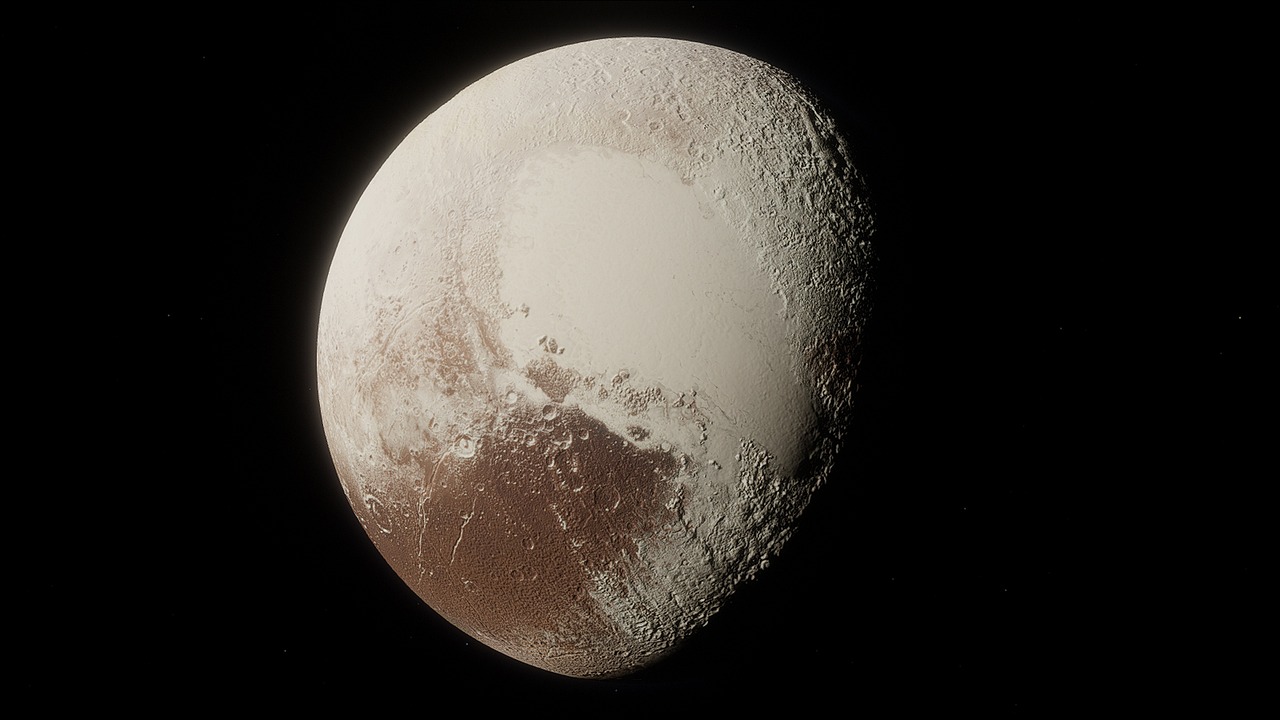
Pluto, the Roman god of the Underworld, has an intricate mythology akin to his Greek counterpart, Hades. Choosing to reside in the realm of the dead rather than participate on Olympus with the other deities, Pluto embodies themes of life, death, and the human fear of the unknown. Family and Divine Hierarchy Born to the…
-
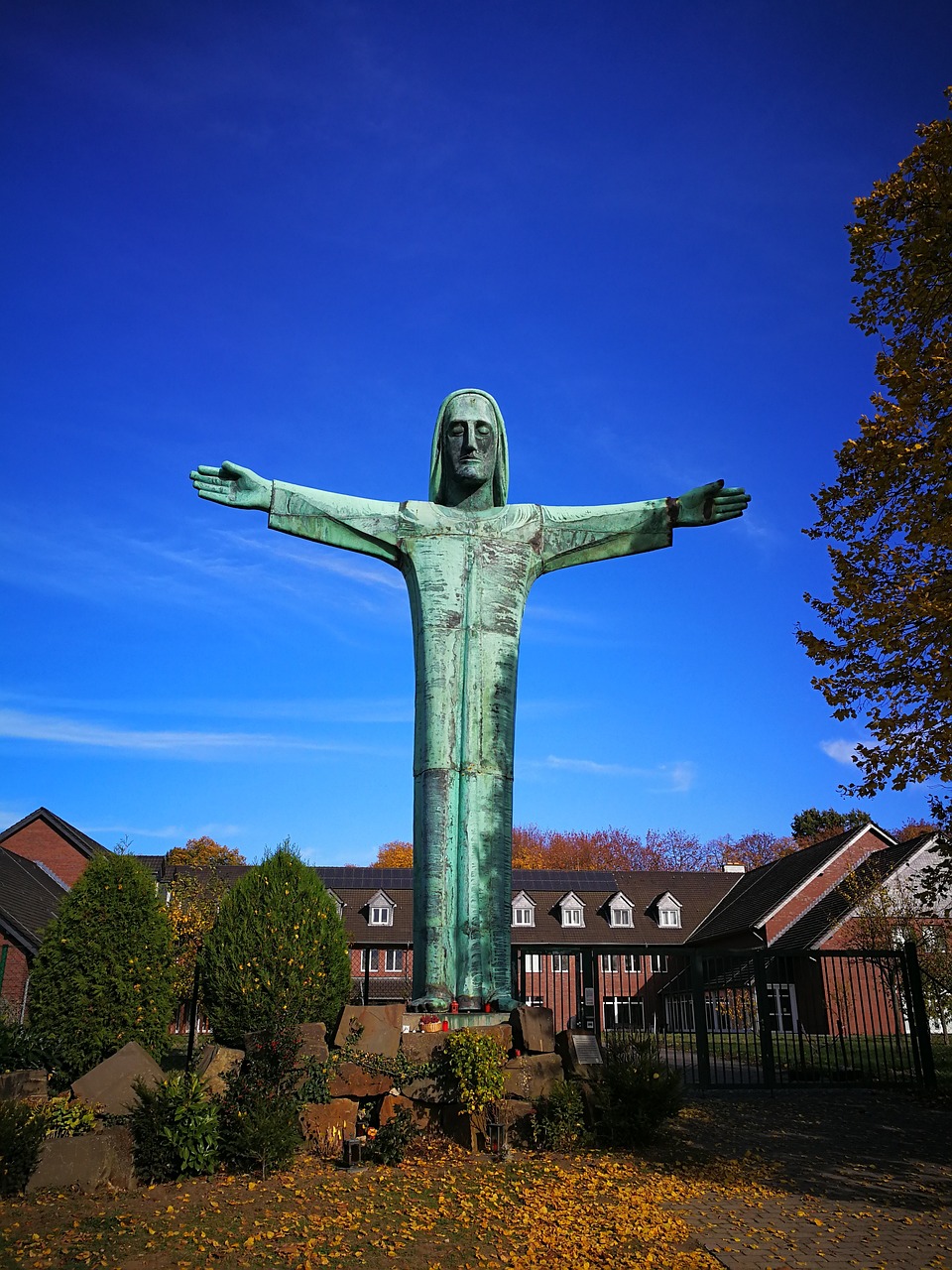
The term “FIDES” is often incorrectly understood as ‘faith’; however, its interpretation in Roman culture diverges significantly from Christian connotations. For the Romans, FIDES represented a crucial aspect of an individual’s integrity within public affairs and social engagements, akin to the notion of ‘good faith’. This concept encapsulated reliability, implying a mutual trust essential for…
-
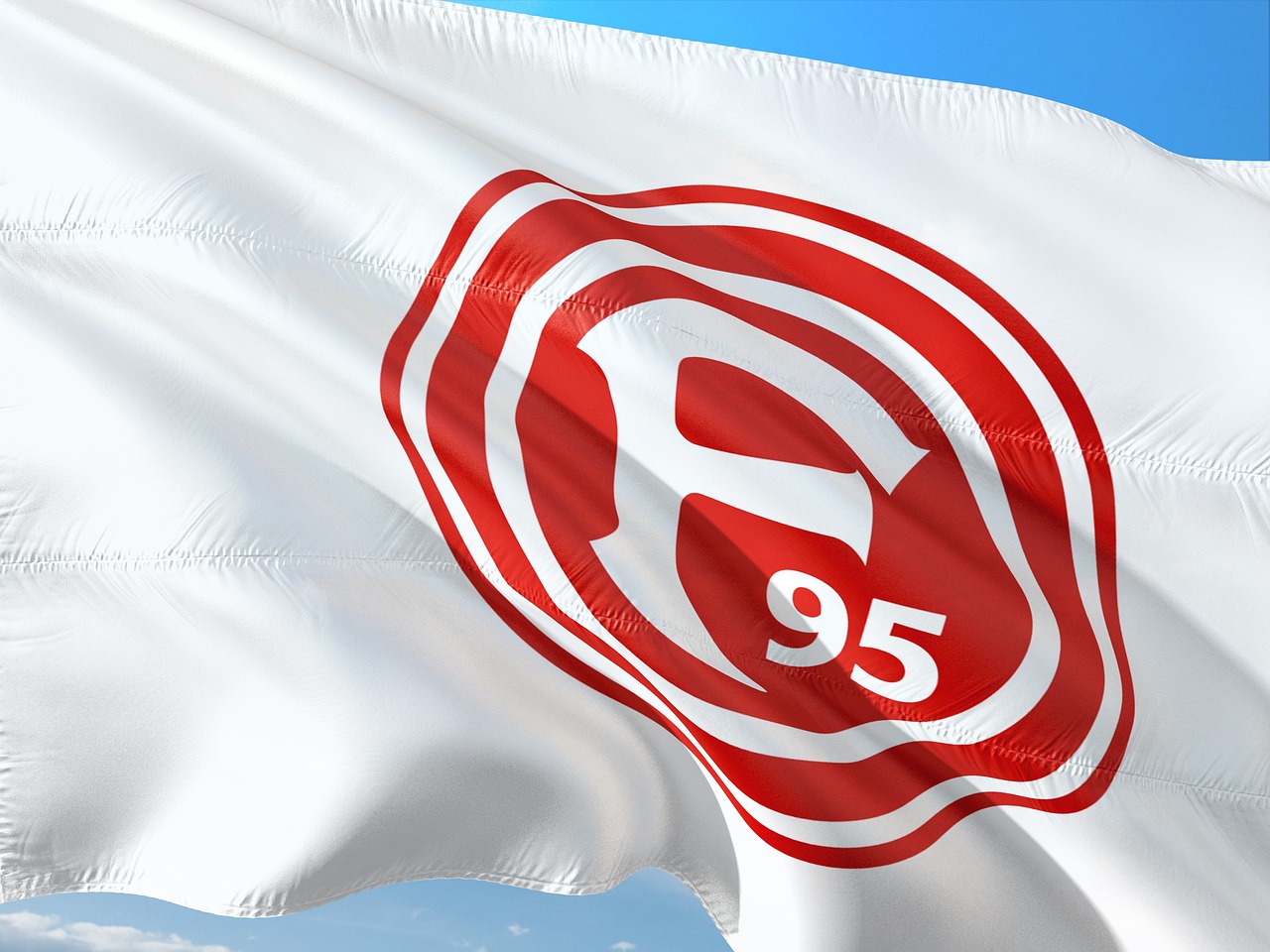
Welcome back to another edition of Deities of Good Fortune. In our previous discussions, we have explored figures such as St. Anthony, Ekeko, Lakshmi, Mami Wata, and the Seven Lucky Gods. Today, we shift our focus to the ancient Roman Empire and examine the Roman Goddess known as Fortuna. To understand Fortuna, we must appreciate…


